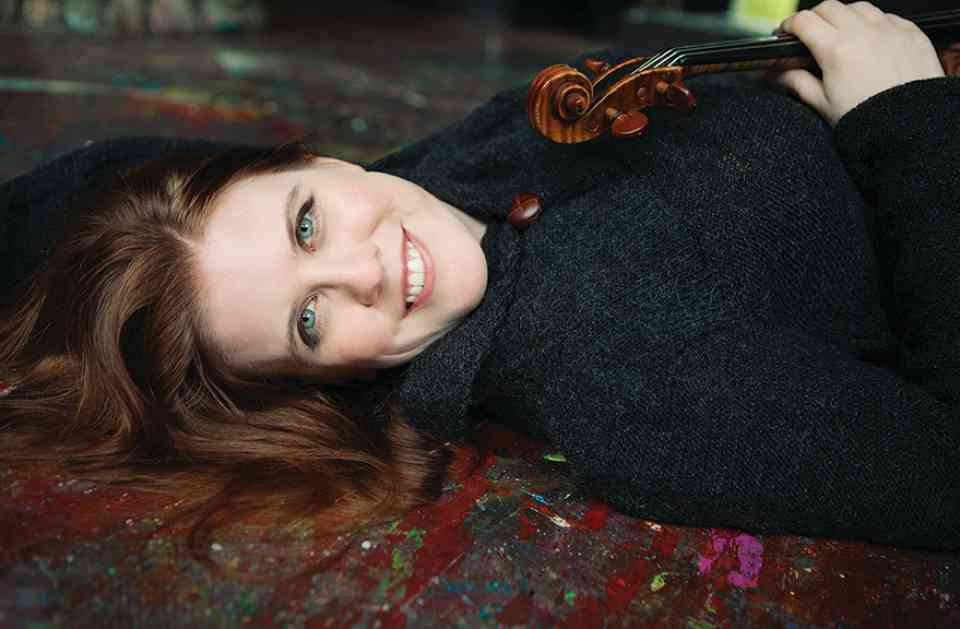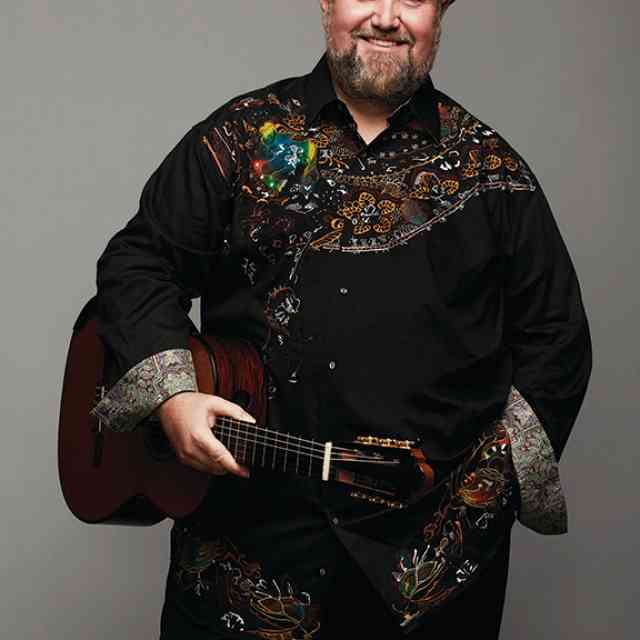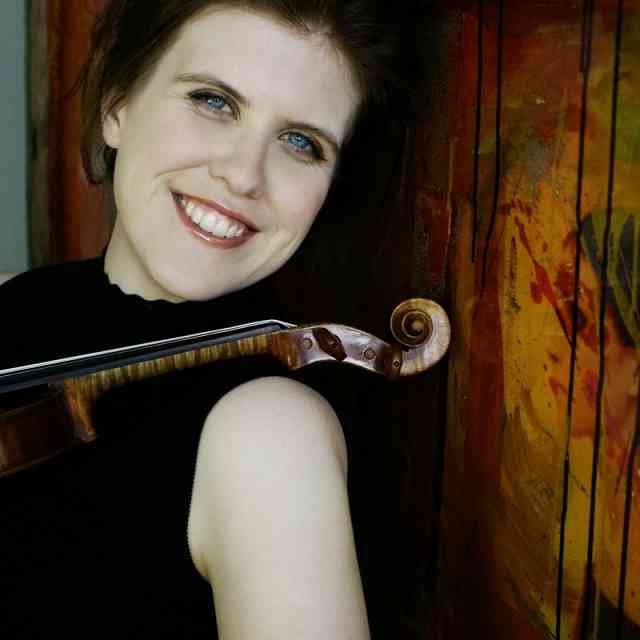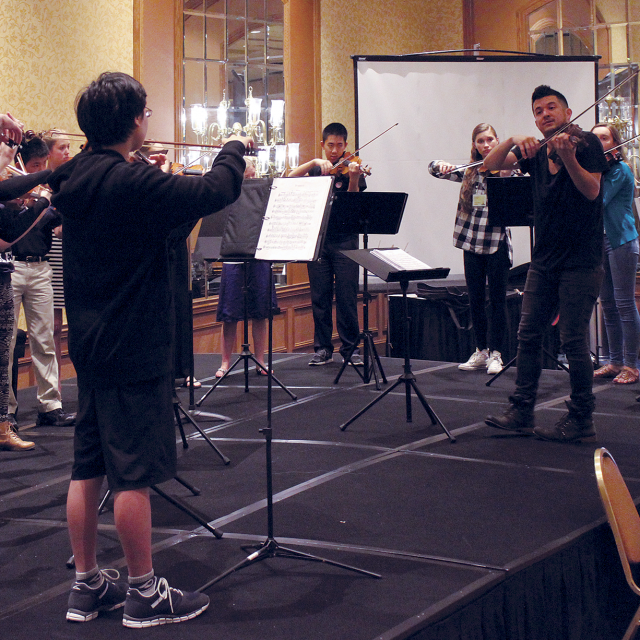
Erin Keefe
Among the many delights to be had at the upcoming SAA Conference in Minneapolis is a performance by the Minnesota Orchestra with violin soloist Erin Keefe. The New York Times called Erin Keefe “an impressive violin soloist,” but that is only the beginning of her accolades. In addition to serving as Concertmaster of the Minnesota Orchestra, she is the recipient of an Avery Fisher Career Grant and the Pro Musicis International Award. She was won many competitions, including the Valsesia, Torun, Schadt, and Corpus Christi International Violin Competitions.
In recent seasons Erin has established a bustling international solo career, as well as a reputation of being one of the leading chamber musicians of her generation. This is definitely true if judged even only on her chamber music collaborators, the Emerson String Quartet, David Finckel Gary Graffman, Richard Goode, David Soyer and Leon Fleischer, to name a few.
Erin Keefe holds degrees from the Curtis Institute of Music and the Juilliard School. Her teachers have included Teri Einfeldt, Ronald Copes, Ida Kavafian and Arnold Steinhardt. She performs on a Nicolo Gagliano violin from 1732.
It should be noted that Erin Keefe grew up as a Suzuki student at the Hartt School in West Hartford, Connecticut. I had the pleasure of interviewing Erin, serendipitously, the week of Dr. Suzuki’s birthday.
What are you doing currently as a musician?
I have been the Concertmaster of the Minnesota Orchestra since 2011 as well as an Artist Member of the Chamber Music Society of Lincoln Center since 2007. I also play a lot of chamber music at various festivals around the world, and maintain a private teaching studio in Minneapolis.
Have you always wanted to be a professional musician?
I have always loved playing the violin, and I never really thought of doing anything else as a career. I can’t say there was a moment when I consciously made that decision, but by the time I got to high school I knew that this is what I wanted to spend my life doing.
What is the best part of being a musician?
I love being a musician because I get to travel around the world, try new foods and meet new people, all while getting to play incredibly beautiful music.
What were your Suzuki experiences as a child?
I was fortunate enough to study at the Hartt School with Teri Einfeldt, and I played in orchestra under her husband David from the time I was eight. They were incredibly inspiring and dedicated, and I’m positive that I would not be a professional musician today had it not been for their amazing guidance. I was urged to play lots of chamber music and orchestra in addition to my solo work, and for me that was extremely important. I have never been someone who enjoys practicing (just ask any of my teachers!), but the social and community atmosphere fostered by Teri and David Einfeldt made it really enjoyable. Spending Saturdays at Hartt was always what I looked forward to all week long.
Describe the best learning experiences you had as a student.
I have always enjoyed the social aspect of playing the violin, whether in orchestra rehearsal or playing in various chamber music groups. I think my favorite times were always when I was at a Suzuki institute or chamber music camp because there were no outside distractions, and I could focus solely on music and having fun with my friends, who were also as dedicated as I was. The Einfeldts and my parents made the decision pretty early on that I should always be surrounded by players who were more advanced than I was, so I always had a chance to learn from my peers as well as from my teachers and coaches. Occasionally I wasn’t happy when that meant that I couldn’t go back to my favorite camp, but I realize now that it was an incredibly wise decision and it constantly pushed me to get better.
What does the Suzuki philosophy mean to you?
I have always admired that Dr. Suzuki valued character before ability. Not everyone who starts to play an instrument will become a professional musician, but the discipline and sensitivity that you learn through the Suzuki method are things that everyone can carry with them for the rest of their lives.
How do you apply what you have learned through your Suzuki education?
I definitely use tools that I learned through the Suzuki method on a daily basis. First and foremost is to be a good citizen! The music world can be quite competitive, and I learned early on that being a kind and honest person goes a long way in having a successful career. Secondly, I am so thankful that I developed a good ear early on. Being able to listen and respond immediately when playing an instrument is a must whether you are a section leader, a chamber musician or a soloist.
What were some of your struggles as a young musician, and how did the adults in your life help you overcome them?
I have always hated practicing, even to this day. Because my parents drove me an hour to and from lessons at Hartt, they insisted that I practice every day for however long my teachers told me to since they were putting in such a big time commitment themselves. I should point out that they were never “tiger” parents, and by the time I finished high school, I was only practicing two hours a day which isn’t that much compared to what most of my friends were doing. I almost always practiced when one of them was home since they didn’t trust me to do it alone (rightfully so!), and I usually did an hour before school and an hour in the evening. As a treat for getting my practicing done, I was always allowed to sight read a movement or two of a string quartet or trio along with a CD, which I really loved doing.
For me, the biggest motivator has always been having a deadline. After I finished my master’s degree, I started to enter a bunch of violin competitions since I wasn’t having regular lessons to prepare for or many solo concerts, and that was a great decision. You really learn a lot about yourself and how to practice effectively when you have to play five–six hours of music in front of a panel of judges! Because I loathe practicing so much, I learned very early on how to accomplish a lot in a short amount of time. The most important factor is making sure that you are 100 percent focused. It is a total waste of time to practice when you aren’t paying attention or listening to what is coming out of the instrument, and in fact, it can be detrimental since you are most likely ingraining bad habits.
What are some of the characteristics of your own teaching?
The most important thing I try to accomplish with my teaching in general is to show the students how to practice effectively by themselves. I tend to only teach high school students and older, so they are already somewhat advanced. Instead of telling them what I am hearing right away, I try to get them to open up their ears, analyze what they are hearing, and then I can guide them in how to fix it. I find that after a few months with a new student, they are much better at solving their own technical issues and we can focus much more on making music.
What is your favorite piece of Suzuki repertoire?
My favorite piece is Allegro by Dr. Suzuki! I always thought it was so fun to play in group class when the older students were playing the violin accompaniment that goes along with it.
What do you love to do other than music?
Like most musicians, food is my passion! I love to cook and bake, and I am constantly hosting parties for all of my friends. I also do a lot of traveling with my husband, who is a conductor and our first order of business when we land in a new city or country is to plan out all of our meals for the week. I just wish I could be as passionate about exercise. . .








